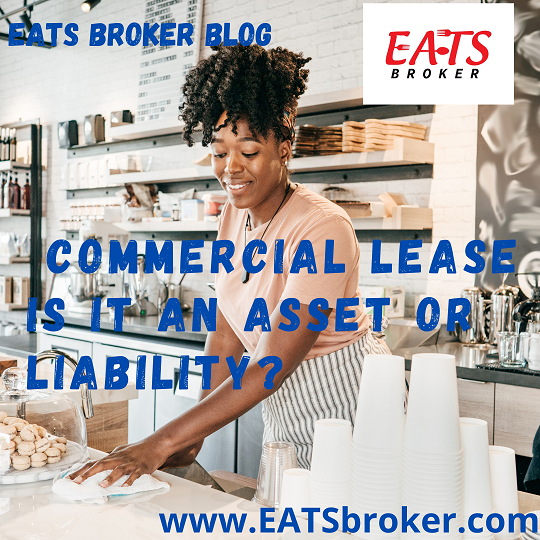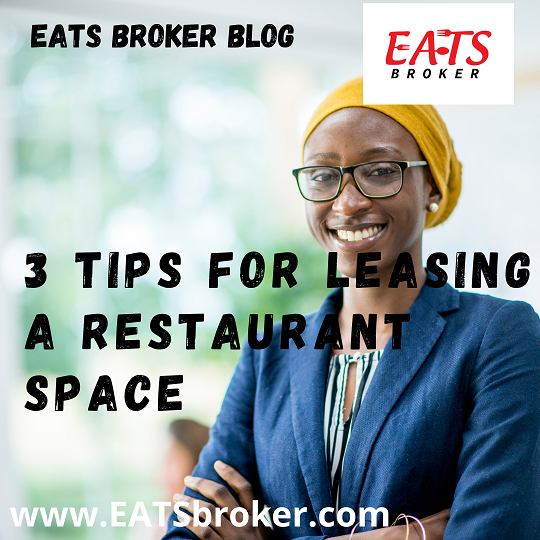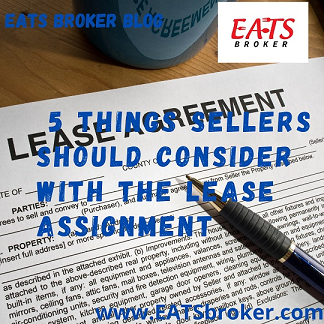Dominique Maddox of the EATS Broker Leases Fayetteville Space

Dominique Maddox of the EATS Broker leases vacant space. Mr. Everything Café will be opening in Banks Crossing Shopping Center in Fayetteville, GA. EATS Broker represented the franchisee during the transaction. Mr. Everything Cafe has been serving great food since 1993, starting in the West End Atlanta Community. Mr. Everything Cafe has received national recognition […]
Commercial Lease is it an Asset or Liability?

Your current commercial lease is it an Asset or Liability? Most Restaurant Owners find a restaurant for lease and sign a commercial lease before they open their restaurant unless they are buying the building. The sad truth is that a large number of restaurant owners never really read the lease they signed, don’t understand the […]
Restaurant Industry effect on everyday life!

The Restaurant Industry has a profound and impacting effect on our everyday lives. Everyone has a story about a restaurant, it could be where they worked, 1st date, prom date, celebration dinner, or many other reasons. I believe I have one of the best careers in the world as a Restaurant Broker, I work with […]
3 Tips for Leasing a Restaurant Space– EATS Broker

3 Tips for Leasing a Restaurant Space Restaurant leases can be complex and involve negotiations on some very important details to a lease. In general, restaurant commercial leases are generally much longer than a typical residential lease. The restaurant tenant is making a much larger financial commitment. Regardless of whether you are an experienced restaurateur, […]
5 Things Sellers should consider with the lease assignment

5 Things Sellers should consider with the lease assignment: The best day of a Restaurant owner’s life in the business world is usually when they first open the doors to their restaurant! The Restaurant Industry can be a tough business and the second-best day for a Restaurant Owner is usually when they sell the restaurant. […]

